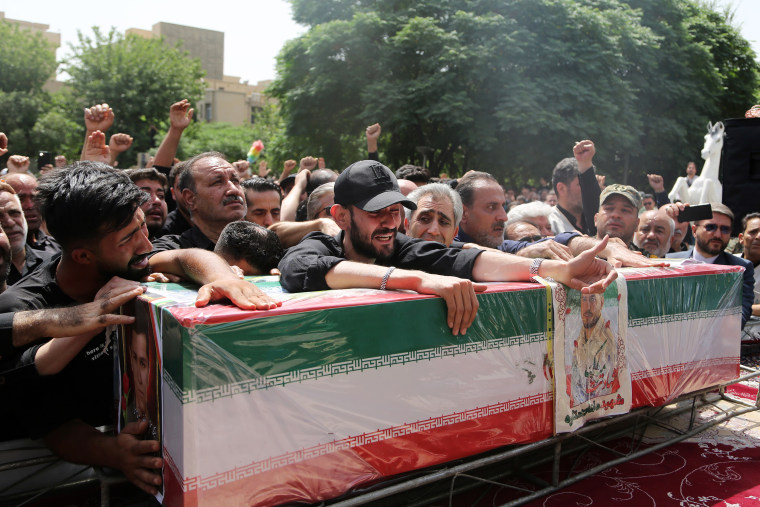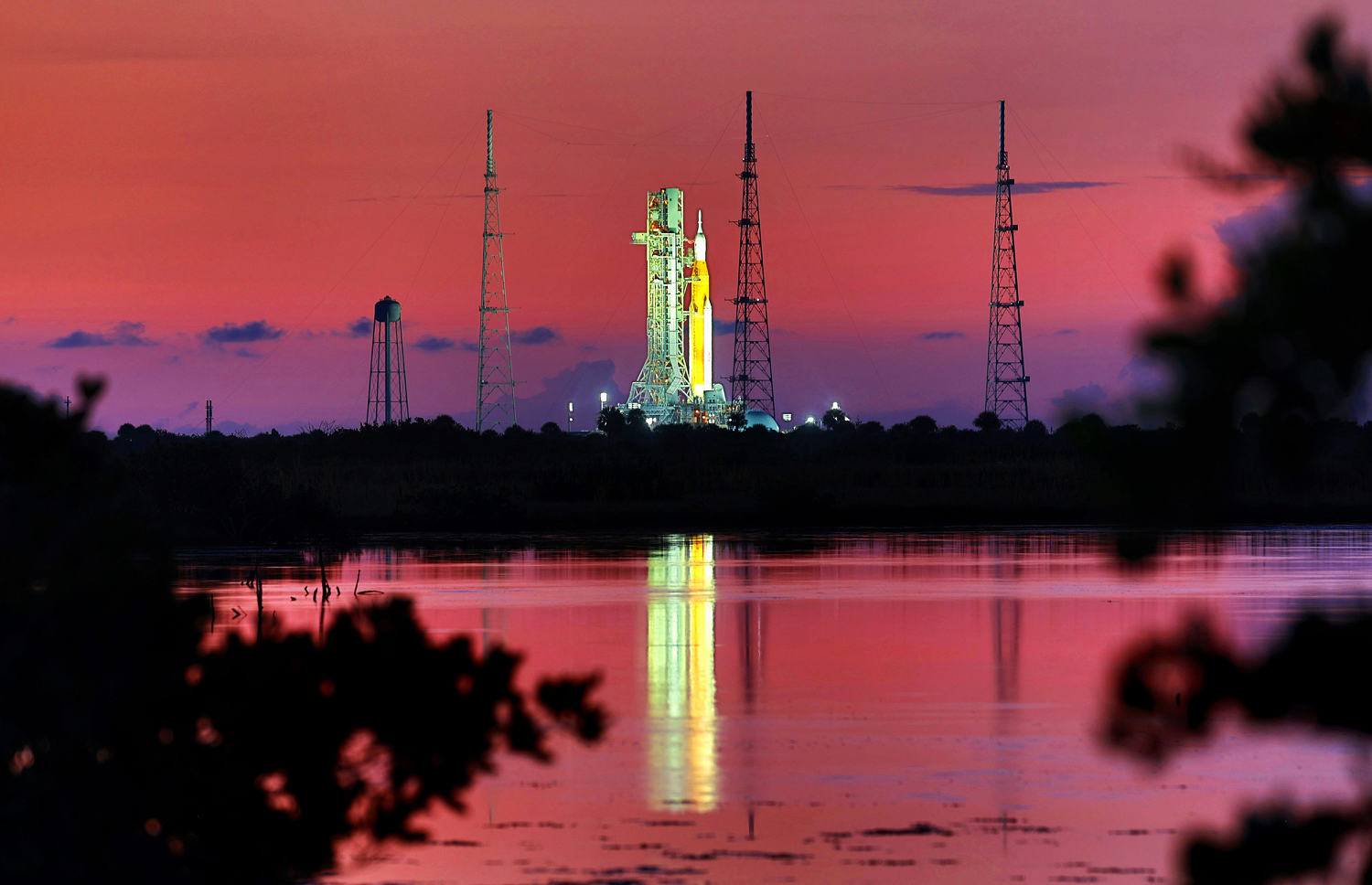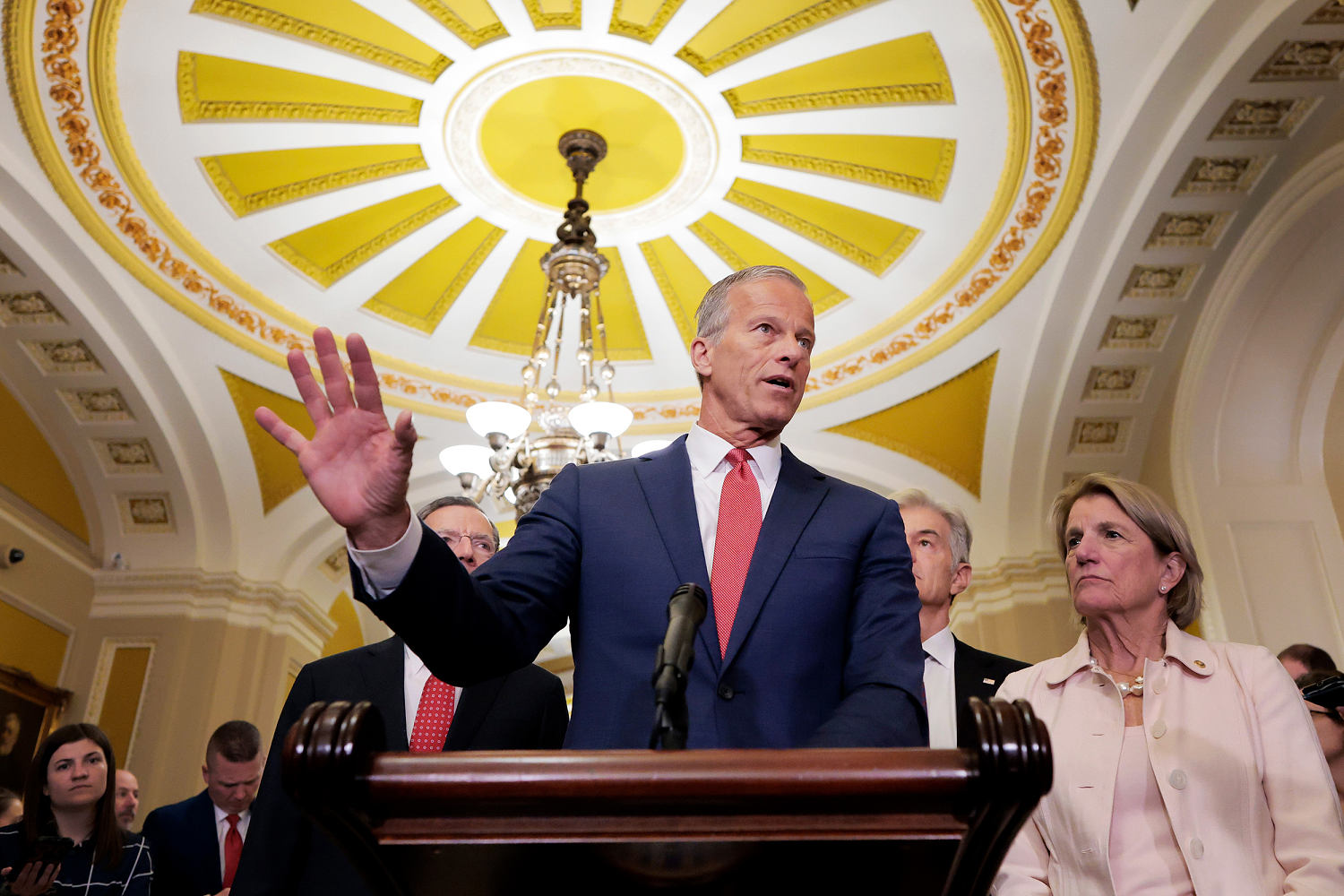As dust settles on Iran, Israel focuses on diplomacy with Mideast neighbors

TEL AVIV — As the dust settles on Iran after unprecedented Israeli and American attacks, the U.S. and Israel have shifted their focus toward an ambitious diplomatic push they hope will translate into the kind of enduring political stability that has evaded the region for decades.
Despite apparent Iranian unwillingness, President Donald Trump is pushing for more talks with Tehran about its nuclear program. But Israel appears more interested in formalizing diplomatic relations with some of its long-standing adversaries, as well as ending the 18-month conflict in Gaza — which Trump has repeatedly pleaded for.
“This victory presents an opportunity for a dramatic widening of peace agreements,” Israeli Prime Minister Benjamin Netanyahu said in a statement Thursday. “We are working on this with enthusiasm.”
The previous Trump administration brokered what it called the Abraham Accords, in which Israel established diplomatic relations with the United Arab Emirates and Bahrain and later normalized its relations with Morocco in 2024 and Sudan, though that deal has yet to be ratified.
Having devastated the powerful, Iran-backed Hezbollah militant group in Lebanon, its northern neighbor, and seen a Tehran-friendly regime toppled in Syria to the east, Israel is now interested in establishing formal diplomatic relations with both countries, Foreign Minister Gideon Saar said Monday
The shift represents a broader change in Israeli policy toward its neighbors. Until around two weeks ago, Israel’s modus operandi was to assert military dominance as a political strategy, according to Michael Oren, who served as the country’s ambassador to the U.S. from 2009 to 2013.
“Now it’s the first time that I’ve seen in history when we have the opportunity to make the strategy the strategy. It’s not a tactic,” Oren, a former member of Israel’s Knesset, or parliament, who served as deputy minister in the prime minister’s office, told NBC News in a phone call on Friday.
Before the Hamas-led terror attacks on Oct. 7, 2023, Israel relied on a method known in Hebrew as “mowing the grass.” The term was used by strategists to describe the country’s periodic attacks against Palestinian militants and their supply of weapons in Gaza, attacks that faced widespread criticism from rights groups often because of the disproportionate number of deaths caused by Israeli forces.

The phrase could also apply to Israel’s behavior toward Iran and its proxies in taking out military commanders, nuclear scientists and senior advisers to the country’s supreme leader, Ayatollah Ali Khamenei, while attacking nuclear and military sites. In Lebanon, it has wiped out large swaths of Hezbollah’s leadership.
Today, Netanyahu’s most formidable challenge will be finding a resolution to end the conflict in Gaza, where, despite nearly 20 months of war, Hamas remains nominally in control.
Under pressure from Trump, who on Truth Social on Sunday again called for a “deal in Gaza” and to “get the hostages back,” the negotiations are also still captive to the same disagreements that have long delayed a deal.
Hamas has refused to release its remaining hostages and surrender — key demands of far-right members of Netanyahu’s government, including Finance Minister Bezalel Smotrich and Itamar Ben Gvir, his national security minister, both of whom have threatened to quit and bring down the fragile coalition if he does otherwise. Along with other lawmakers they have also called for the complete destruction of Hamas.
Hamas, meanwhile, has demanded a permanent truce, a complete withdrawal of Israeli forces from Gaza and guarantees about humanitarian aid.
The decline of power in Iran, Hamas’ primary patron, will likely sap the group’s confidence and influence, according to Yohanan Plesner, the president of the Israel Democracy Institute, an independent research center.
“From an Israeli standpoint, this is a dramatic shift in the acceptance for the Jewish state in the region,” added Plesner, a former member of the Israeli parliament.
But he cautioned that as long as Hamas is the governing body in Gaza, a deal to end the war there “will be something that is possible but it will be very difficult for the Israeli government to swallow.”
For now, Israel is in the ascendancy: Iran’s nuclear program has been badly damaged, its 46-year-old Islamic regime is weakened and its proxy groups and allies throughout the region have been extensively damaged.

Perhaps most important is that while the Israeli and U.S. attacks on Iran were publicly criticized, they were also quietly welcomed by its Arab neighbors, many of whom were quicker to condemn Iran’s reprisal attack on the U.S. military base in Qatar than the American attack on Iran.
For decades Iran has fostered allied regimes and proxy militia throughout the Middle East in order to fight Israel, its major ally in the region, the United States, and Shiite-majority Iran’s adversaries among the Sunni-led Gulf kingdoms.
Israel will now need those states to blaze a path toward an enduring peace, analysts said, or risk inflaming regional conflict even more.
“I think we see imperial Iran is in retreat,” Abdulkhaleq Abdulla, an associate professor of political science at the United Arab Emirates University in Al Ain, said in a phone interview last week. “It probably means a more stable Middle East, a more stable region.”
Israel and the United States would do better to cultivate what Abdullah described as an “Axis of Moderation” of monied Gulf Arab kingdoms, many of whom have normalized relations with Israel — a play on the “Axis of Resistance” used to describe Iran and its regional proxy groups that Israel has largely defeated.
Israel has nonetheless made clear its intention to continue attacking Iran’s nuclear program should a perceived need arise. And in Gaza and Lebanon, it has continued to launch regular strikes against what it says are militant targets long after ceasefires were put in place.
But Trump, whose angry outburst appeared to rein in an Israeli strike on Iran after he declared a ceasefire in the region, has shown he is capable of halting Israel’s responses. Oren said this could help pave the way toward lasting stability by restraining Israel’s more militant instincts.
“The difference between tactics and strategy is in the hands of Donald Trump,” Oren said. “To the greatest extent in Israel’s history, our fate is in the hands of one person, and it’s not the prime minister.”




